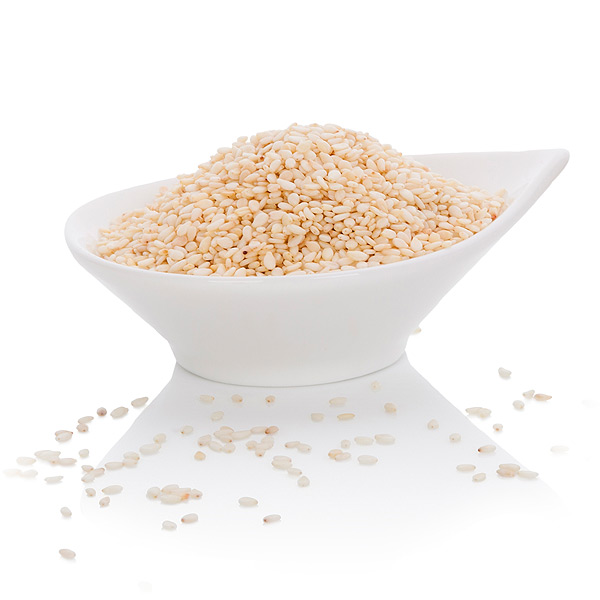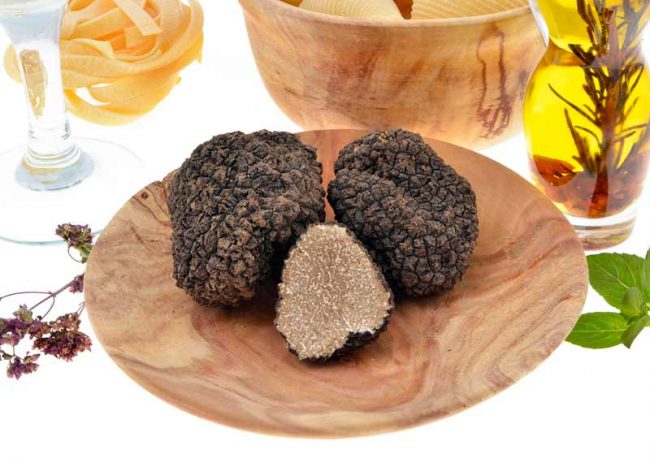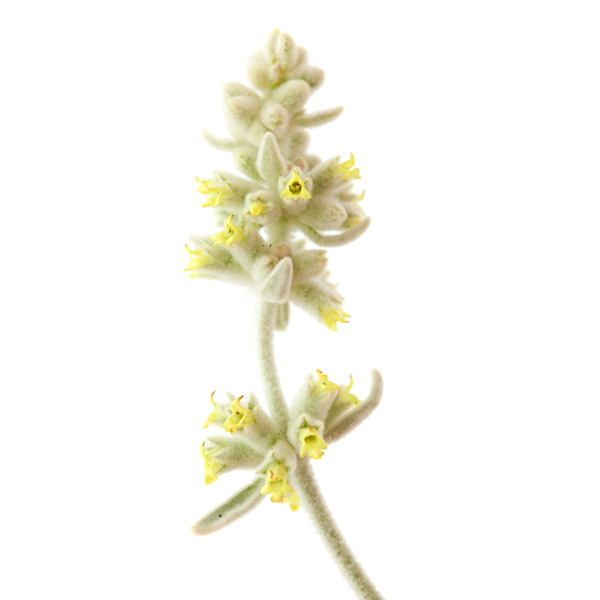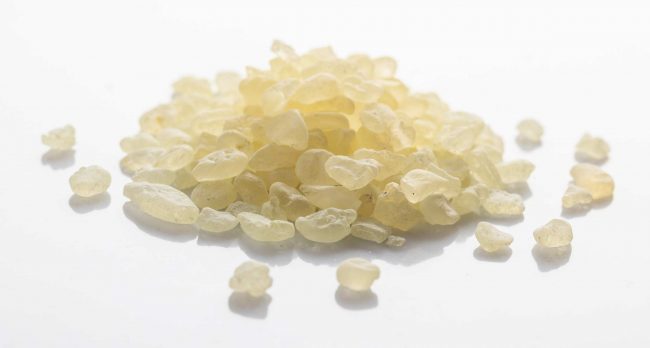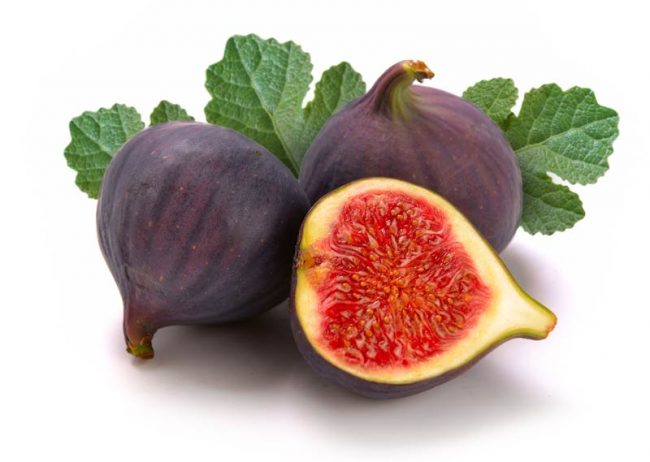Wine
Historical Elements Wine is an integral part of the Greek legacy, customs and traditions, as well as nutrition. From 7000-6500 BC have been found the first elements that prove the use of grapes for the wine production. They come from Macedonia, from the land of the ancient Philippi, while many of the varieties we use…





